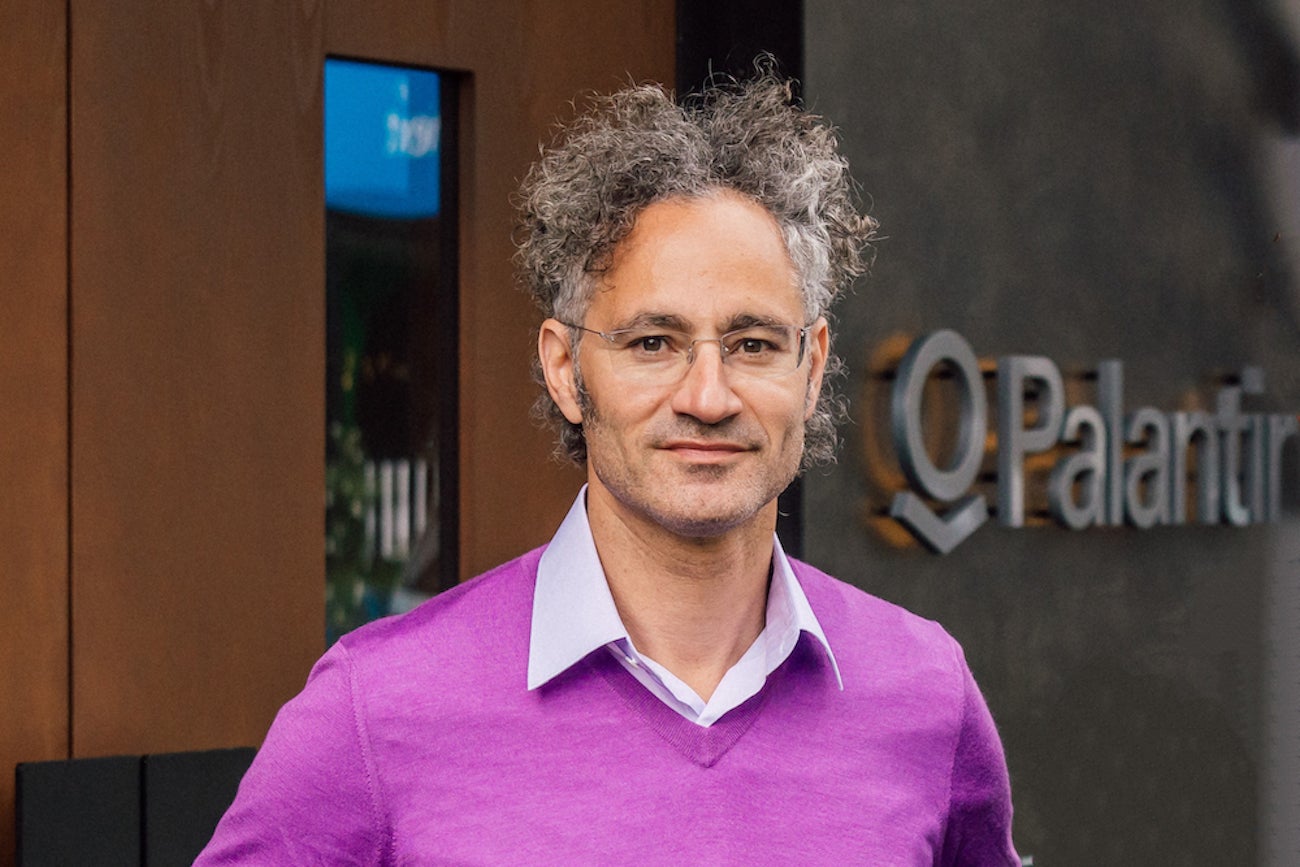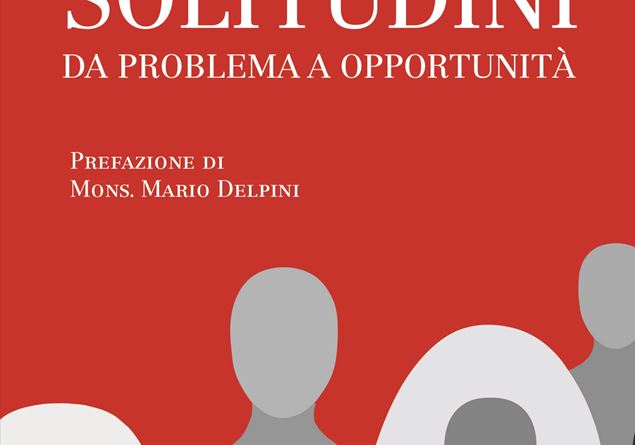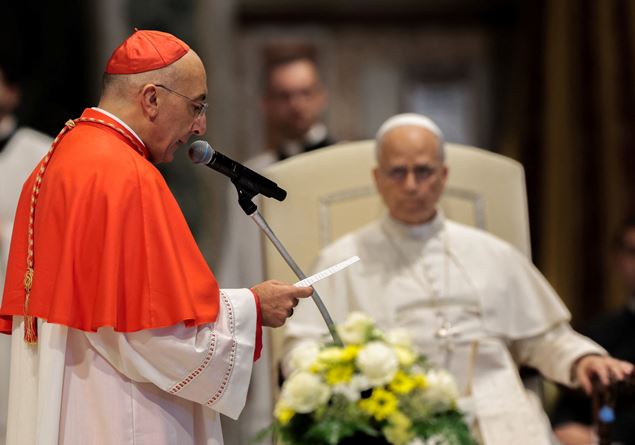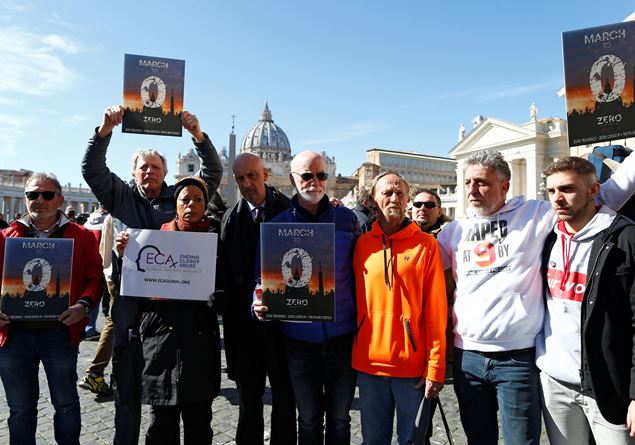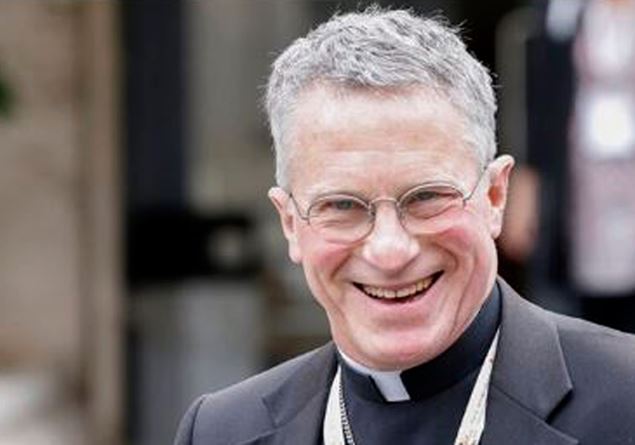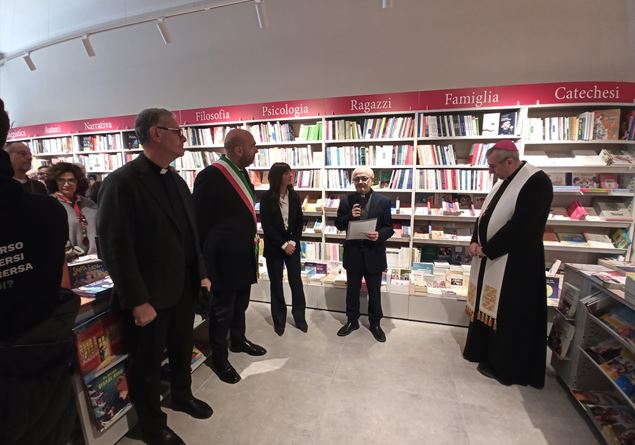A difficult picture, but not without hope. Pope Leone opens the pastoral year of the diocese of Rome that, as the Cardinal Vicar Baldo Reina pointed out, “presides over all the others”. And he does it by asking to continue to be “synodal laboratory”. By welcoming the pontiff, Cardinal Reina, looking at both the world context and the city, had remembered that “we feel dismayed not only for the many war scenarios that bloody our world but also for the many situations of suffering in Rome. Inequalities grow, increases the absolute poverty of families, the suburbs are sometimes unlivable due to a crime that controls the territory widespread; There are no homes for young people and people who do not have much financial resources, mental discomfort grows and access to care for poor and elderly is also becoming a serious problem “. Faced with this scenario, however, “we still feel the answer indicated by the teacher to the disciples who asked to send away the hungry and tired crowds:” Give them yourself to eat “” we have a duty to put this command into practice and we want to do it as a church that presides over in charity, and is called to be exemplary not only in listening but also in the search for evangelical paths capable of breaking solitude, and who give hope.
Lion For its part, in the meditation pronounced in a basilica, that of San Giovanni in Laterano, packed with people, has spurred parish priests and bishops adding that «It is up to us to put ourselves at the work so that the Church that lives in Rome becomes laboratory of synodality, capable, with the grace of God, to make” Gospel facts “, In an ecclesial context where there is no shortage of labors, especially in relation to the transmission of faith, and in a city that needs prophecy, marked as it is by numerous and increasing economic and existential poverty, with often disoriented young people and often weighed down families “. The Church of Rome, therefore, must be “synodal and on a mission”, capable of “qualifying for a style that enhances the gifts of each and that includes the driving function as a pacifying and harmonious exercise, so that, in the communion aroused by the spirit, dialogue and the relationship help us to overcome the numerous pushes to the contrast or defensive isolation”.
On the furrow of Pope Francis he reiterated that he serves “a solidarity, empathetic, discreet, non -judgmental pastoral care”. A pastoral that manages to “welcome everyone, and propose paths as customized as possible, suitable for the different situations of life of the recipients”. For the Pope is “Urgent to experience, if necessary, new tools and languages, involving families on the way and trying to overcome a school setting of catechesis “. Because today “families struggle to convey faith and could be attempted to escape this task”. As shepherds, then, he was called to “support us without replacing us to them, making us walking companions and offering tools for the search for God”. We need a pastoral “which does not repeat things ever, but offers a new apprenticeship; A pastoral that becomes like a school capable of introducing to Christian life, to accompany the phases of life, to weave significant human relationships and, thus, to also affect the social fabric especially at the service of the poorest and most weakest “.
